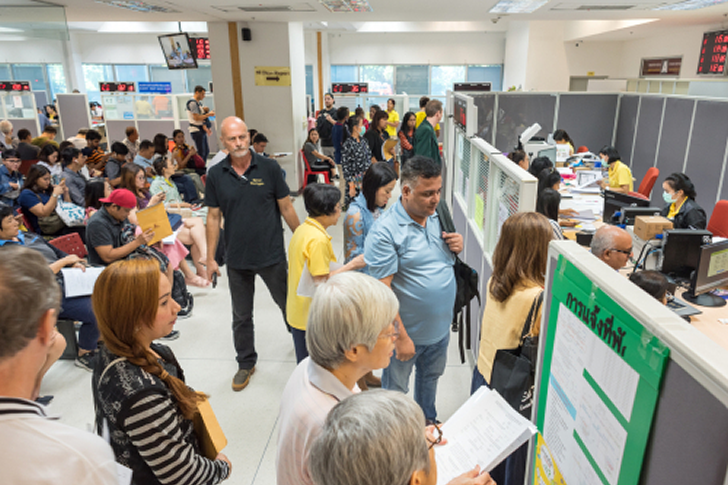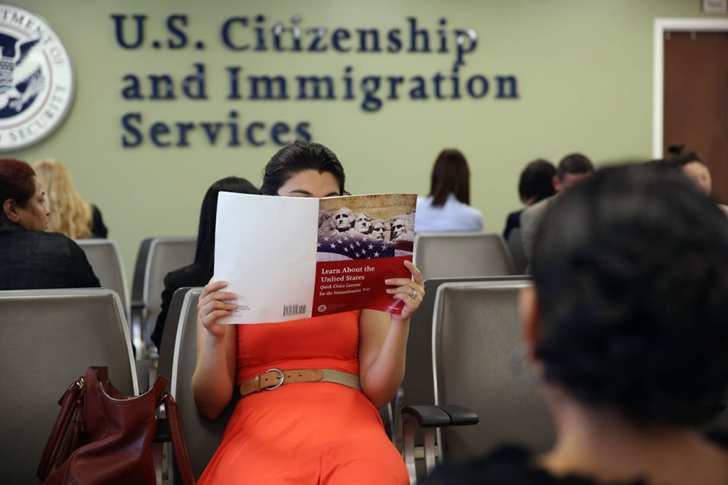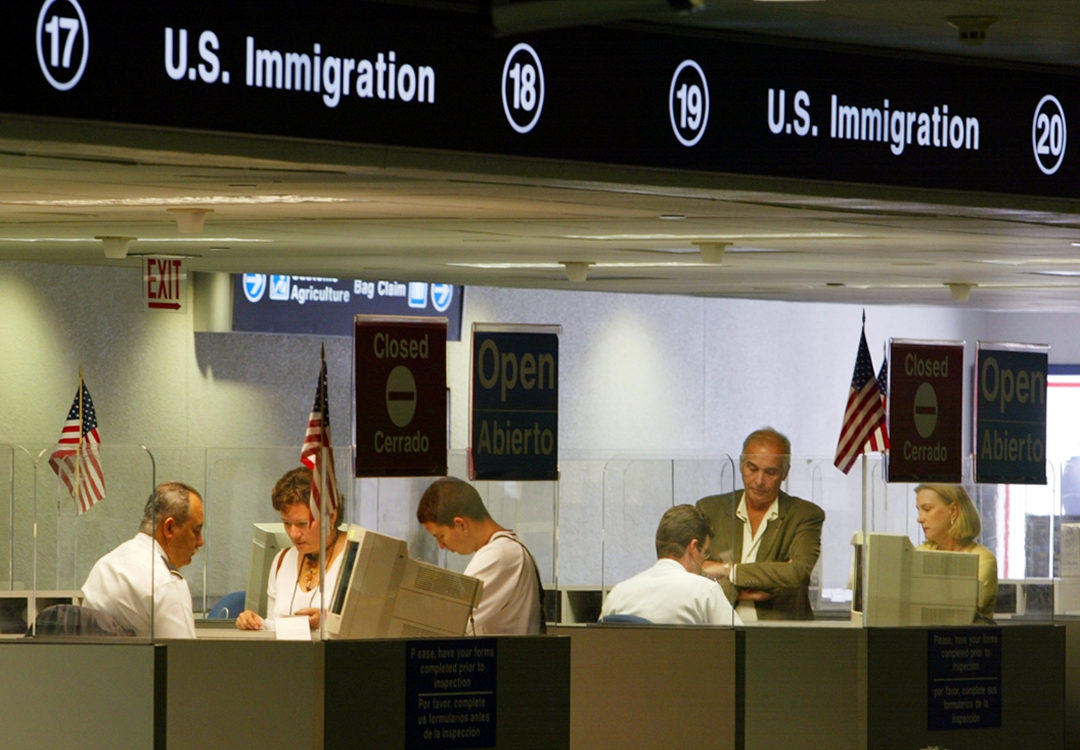The Society for Human Resource Management states that the average cost-per-hire is more than $4,000. It only means that hiring suitable employees for your organization can often be a costly and time-consuming business. An additional layer of legal compliance is needed when your workforce includes foreign nationals that are required for immigration sponsorship. There is also an extra layer of legal agreement that is attainable with the right tools at your disposal but require further negotiation with your employee. The question is, who pays for this?
First, you should know how much are the fees for some of the common employment-based immigration processes. Operations of United States Citizenship and Immigration Services (USCIS) agency are financed entirely of filing fees it collects, and they are both plentiful and significant.
There are several factors on the precise amount of fees owed – like the size of the petitioning employer, visa category being sought, whether expedited processing is requested, and whether an initial granting or renewal is being sought. There are regulations for the payment of certain fees and expenses to be incurred by the employer and their negotiations with a prospective employee.
The fee may be paid by either the employer or employee but gradual paycheck reimbursements may adversely affect other aspects of the application process like satisfying any prevailing wage requirements. Because for an employee to pay it, “unauthorized salary deduction” from employees’ pay and deductions are made in their annual salary.
Did you get it already? Well, if not, continue reading this article because we listed down a more in-depth look at some of the fees associated with employment-based immigration concerns.
Nonimmigrant (Temporary) Petitions
Four-hundred sixty dollars ($460) is the base filing fee for the I-129 Petition for a Nonimmigrant worker and these may be paid by the beneficiary or the petitioning employer. Another option is petition eligible for a Premium processing fee, which costs $1,225 as well as attorney fees owed in conjunction with the preparation of the I-129 petition. The same goes for other accompanying documents. However, when the case of the petition is seeking H-1B classification, federal guidelines provide that the amount paid or reimbursed by the employee for any of these fees or costs will not bring the annual wage to an amount that is below the required prevailing wage.

These fees are considered to be business expenses of the employer, that is why this restriction is in place. But if the employee pays for it, deductions in your salary of the actual amount of compensation will be paid in return for the performance of the job duties. As a matter of fact, the only types of payroll deductions that can bring the immigrant worker’s take-home pay to an amount below the prevailing wage are:
●Union dues, insurance premiums, or retirement contributions that are considered “reasonable and customary”,
●FICA and income taxes that is required by law, or
●Personal travel or relocation costs and only with a written agreement in place in expense for the primary benefit of the employee.
Other ancillary fees may be required in addition to the I-129 base filing fee, depending on the immigration classification being sought.
Additional fees under the American Competitiveness and Workforce Improvement Act of 1998 states that companies with less than twenty-five full-time equivalent workers in the United States face a fee (known as the “ACWIA fee”) of $750 on all H-1B transfers, initial filings, and the first request to extend an employee’s H-1B status; for companies with more than 25 employees, the fee is $1,500.
The Fraud Prevention and Detection and ACWIA fees should be paid entirely by the employer only and may not be passed on to an employee under any circumstances.
Immigrant (Permanent) Petitions
But for petitions in which employers seek to secure permanent residence for an employee, the fees that are required costs more straightforward. The process for this takes months before the actual filing of the I-140 petition and employers must be especially mindful not to be seen as attempting to pass on an expense to the employee.

According to the federal regulations, the most important step is to complete in advance the immigrant visa petition and the employer must bear all costs associated with the submission for Permanent Labor Certification (“PERM”) with the Department of Labor application.
As for the submission of the ETA 9089 form, the Department of Labor does not currently impose any filing fee. Only expenses for attorney fees or those incurred during the required recruitment process, such as the placement of classified newspaper advertisements or the use of a recruitment service is needed.
Seven-hundred dollars ($700) and $1,225 are the filing fees for the I-140 and I-485 and it may be paid by the employer or the employee with no penalties attached.
Employers must be careful in sharing the responsibilities for immigration costs with the desired employee. Be mindful of the fees that are required by law that the employers must shoulder and ensuring the salary of the employee to be minimum.
If you are in doubt, pay them all but make sure that you hire a great candidate for the job.
Based on Materials from Bridge
Photo Sources: Conservative review, Publimetro, Pexels

